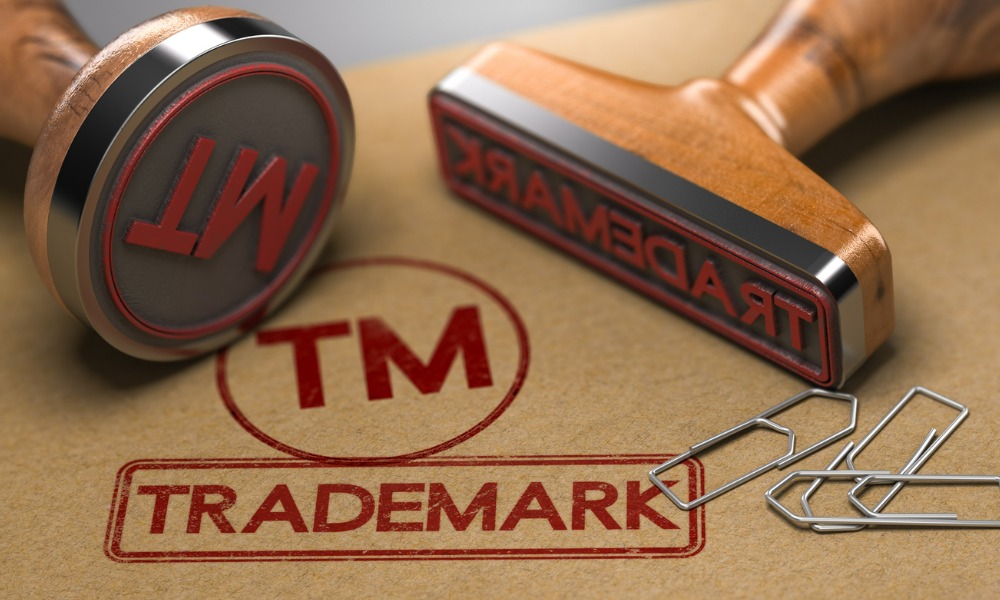Executors often playing ‘document detective’ ‘it’s like a scavenger hunt,’ says founder

As the dead increasingly leave more of a digital footprint than a paper trail, tools are emerging to assist the new reality imposed on estate planning and administration.
Baby boomers are approaching and entering retirement and the largest wealth transfer in history is underway. Before it is over, $1 trillion is expected to change hands in Canada. The number of dollars involved is unique, as are the new types of assets estate lawyers and other professionals will be tasked with administering. Aside from the traditional windfall contained in bank accounts, investments, real estate and jewellery, now rising in prevalence are digital assets.
“They’re our memory, our money and our records. Instead of being in traditional paper format, they're now in digital format,” says Sharon Hartung, an author and consultant, who advises on the tech management aspects of digital assets in estate planning.
Hartung’s 2019 book, Your Digital Undertaker: Exploring Death in the Digital Age in Canada, discussed a person’s digital estate within an individual estate planning lifecycle. Released this year, Digital Executor®: Unraveling the New Path for Estate Planning is meant to assist advisors in understanding digital assets amid the digitalization of the global estate industry.
Digital assets include crypto-currency, social media accounts, utility billing accounts, home security systems, Aeroplan points and online subscriptions such as Netflix or canadianlawyermag.com. Our online baggage is growing, says Hartung. She points to a study from the password manager app Dashlane, which found the average U.S. internet user has 150 online accounts and predicts that number will rise to 300 by 2022.
“So the volume has got to the point where we're going to need tech to manage our tech,” Hartung says. “It's going to be truly difficult to manage an inventory of our online digitalized accounts and our digital assets on a piece of paper. We're going to need some technological solutions. So there are some vendors that have emerged in that space.”
Jessie Vaid and Sachin Bhalla are co-founders of ReadyWhen, a digital platform for proactive estate management. ReadyWhen was born in the middle of the pandemic. The pair began working on it in Jan. 2020, with the initial prototype completed that April. They launched in Feb. 2021.
Vaid is a notary public. In B.C., notaries public do solicitor work in non-contentious legal matters. Vaid has worked primarily in real estate and wills and estates and is president of the Society of Notaries Public of British Columbia. Bhalla has an advertising and technology background, but gained his estate-planning chops personally, having been executor of his late parents’ estate.
Both were surprised to find there were not many digital tools designed to be a vault for all the relevant documentation and information needed to ease the process for family members and estate executors.
“All this information, it’s like a scavenger hunt. You’re literally going on a scavenger hunt,” says Vaid.
Without access to passwords, family or executors cannot cancel subscriptions to keep money from draining out of the account. They also cannot access to monetary value in consumer loyalty programs, such as Aeroplan points, or crypto. With digitized home security systems, Hartung says it may be difficult to even enter the deceased’s house.
Vaid adds that deleting or memorializing social media accounts is also challenging for family and executors to accomplish because social media companies are constrained by privacy laws in permitting access to the deceased’s accounts.
With ReadyWhen Teams, the account owner builds an estate portfolio under the categories: assets, legal, digital and health, and the owner can grant access to a spouse, their lawyer or wealth professional, says Bhalla.
“And with that, you have now created a tool for the professional to be part of the life,” he says. “And that is a critical part of ReadyWhen: the accessibility. And that was a big problem Jesse had identified.”
ReadyWhen has a business-to-business-to-consumer (B2B2C) business model. They target lawyers and wealth advisors so they can use the tool with their clients and onboard documents on their behalf. The company also markets directly to consumers.










